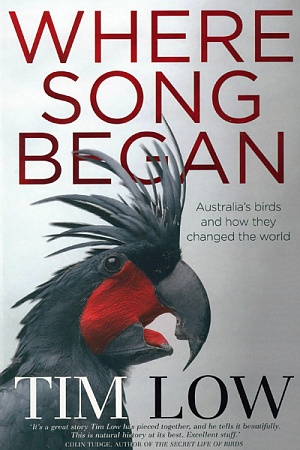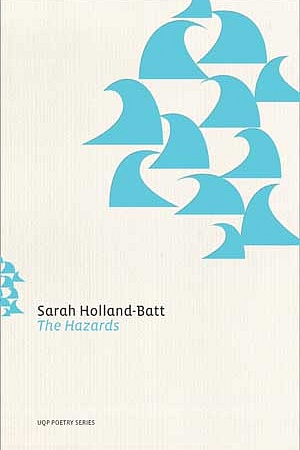Best Books of the Year 2003
Tony Birch
In a year when I did not look at much fiction, both the best and worst of my reading dealt with Australian culture and history. The bad writing I will leave aside. Mark Peel’s The Lowest Rung: Voices of Australian Poverty (CUP) is an ethical and passionate account of the realities of living poor in Australia. Colin Tatz’s With Intent to Destroy: Reflecting on Genocide (Verso) is an intelligent and mature engagement with a discussion that must be had in this country. Don Watson’s Death Sentence: The Decay of Public Language (Knopf) provides a timely warning that the issues of concern to Peel and Tatz will not be enhanced by using the word ‘enhancement’ (among others).
Neal Blewett
Two works of contemporary history – continents apart – left the most lasting impressions from my reading this year. Dark Victory (Allen & Unwin), by David Marr and Marian Wilkinson, is a sombre, dispassionate, yet compassionate account of the Tampa and its consequences. Wide-ranging and meticulous in its research, this authoritative narrative of this shameful and shaming affair leaves few of the major participants with much credit, apart from that admirable Norwegian, Arne Rinnan, captain of the Tampa. Writing on a wider canvas, Paul Ginsborg, in Italy and Its Discontents, 1980–2001 (Penguin), provides, through a wealth of detail lightly born and lucidly presented, a compelling account of Italy in the last decades of the last century. In it he analyses a corrupt and tainted political order, the social and cultural elements that sustained it, and the forces that swept it all away – leaders, parties and electoral system – between 1992 and 1994. The one disappointment is his failure to explain in the depth we had come to expect how the promise of the early 1990s was frittered away in the sands or, as he wryly captures it in the title of his last chapter, ‘From Berlusconi to Berlusconi’. I look forward to reading his study of the Berlusconi phenomenon.
Continue reading for only $10 per month. Subscribe and gain full access to Australian Book Review. Already a subscriber? Sign in. If you need assistance, feel free to contact us.














Leave a comment
If you are an ABR subscriber, you will need to sign in to post a comment.
If you have forgotten your sign in details, or if you receive an error message when trying to submit your comment, please email your comment (and the name of the article to which it relates) to ABR Comments. We will review your comment and, subject to approval, we will post it under your name.
Please note that all comments must be approved by ABR and comply with our Terms & Conditions.